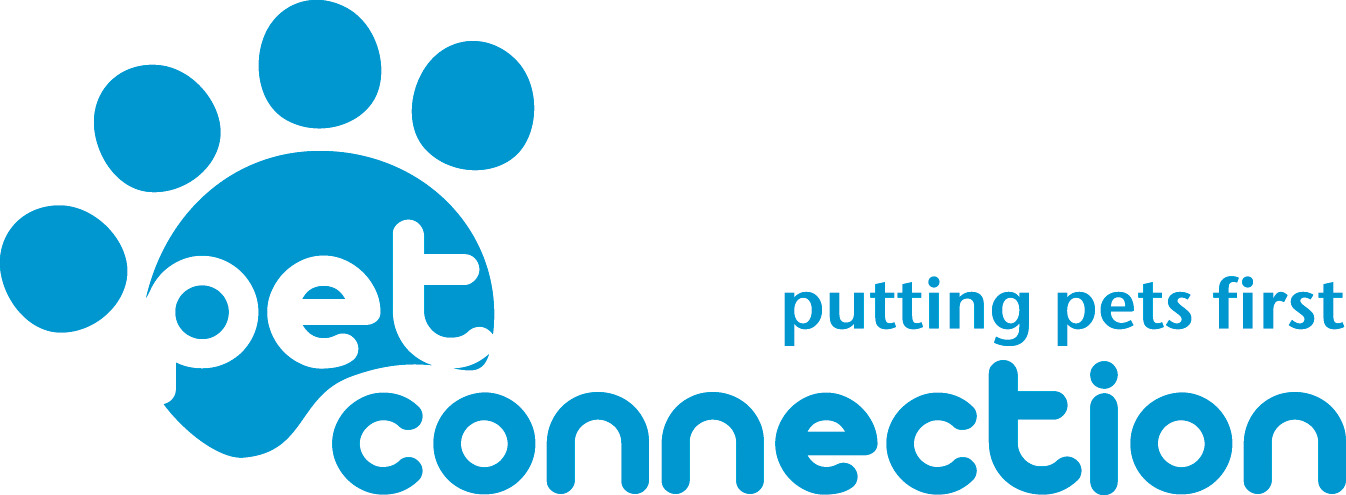Dog & Puppy Toilet Training  How Long Should Toilet Training Take? With due diligence from the owner, puppies can be fully toilet trained within 5 days. During this time, you should spend a lot of time with your pup to enable you to observe his body language.  When Does Your Puppy Need To Toilet? Puppies always send certain signals that they are about to toilet and the pattern can be predictable. Most motions occur within 20-30 minutes of eating. Your pup will usually need to toilet right away upon waking up from a nap. 20-30 minutes after eating, drinking or playing, take your pup outside to the preferred spot, on a lead, and wait.  Rewarding Success When the puppy starts to perform, put a name to that action, eg ‘piddle’. Repeat the words ‘piddle, piddle, piddle’ while the pup is piddling. This will allow them to associate the word with the action and eventually piddle on command. The most important part of toilet training is to reward the pup when they do as you ask, ie go to the toilet outside. Lots of praise and tasty treats when he performs outside will teach him that he has done the correct thing and will encourage him to repeat the action. Throughout toilet training, rewards should be highly motivational to the dog, so be sure to have his favourite treats on hand. We recommend small, softer treats such as Pet Munchies Chicken Training Treats.  What Should You Do If Your Puppy Won't Toilet Outside? If the pup does not go to the toilet after 10 minutes of waiting outside, still give no attention and take him inside. Look out for signs that the puppy is ready to go - he will suddenly get intensely focused and may sniff around the ground. Put him on the lead and take him inside again. For persistent offenders of going to the toilet as soon as you return indoors, carrying the pup around for 10-15 minutes, or tethering him to you with a waist belt and lead if he is a large pup or adult dog, before returning outside can help to break the cycle.  Is Your Puppy Pooing A Lot, Or Very Often? If your pup is producing an excessive amount of poo, you may be overfeeding or feeding a lower quality dog food. The higher quality the dog food is, the less poo produced as most high grade foods are more digestible than low grade foods. Ideally you will be feeding a food with a high meat content, to avoid filling your dog full of grains which are not as easily digested as animal products. Pet Connection offer two different high quality own brand foods, at very reasonable prices - a Super Premium Hypoallergenic food, and a Grain Free food. Both have full ranges so can be used from 6 weeks old right through to old age.  What Should You Do If Your Puppy Has An Accident Indoors? Never use an ordinary household cleaner to clean it up, especially an ammonia based one, such as bleach or Dettol. This will only encourage the the pup to use that spot again, as urine also contains ammonia. Instead, use an animal odour cleaner that contains an enzyme to break down the proteins in the urine. Never dip your puppy’s nose in any accidents, this will only result in a confused and smelly pup, who will be scared to toilet in your presence.  Should You Use Wee-Wee Pads? Wee-Wee pads are very useful for house trained dogs whose owners are out of the house for long periods of time. After your pup is fully house trained, you can train them to use a Wee-Wee pad by taking the pad to their usual toilet spot for a few days. It is useful if your dog will use Wee-Wee pads for if they are ever unwell or when they get older.  Will Crate Training Help With Toilet Training? Dogs who have been crate trained love to spend time in their crates and see it as their den. Therefore, few will toilet in their crates. This is very useful for a pup who is difficult to toilet train, as they can be taken out to the toilet as soon as they’re taken out of the crate and will likely need to go. Toilet Training Dos and Don'ts Set an alarm clock to remind you to take the puppy outside regularly, repetition is key.  Increase the frequency of trips outside if your puppy continues to have accidents indoors.  Use a lead when toilet training, to prevent the pup from being distracted when outdoors, and to help you watch for key behaviors when indoors.  Use a cue word - Toileting to a command is a very useful skill for an adult dog.  Reward your puppy for toileting outside. Give lots of praise and treats.  Use a high quality food, both for the future health of your dog and for less mess when toilet training.  Never use ammonia based cleaners for accidents.  Never put your puppy's nose into its pee or poo if it has an accident indoors.  Do not expect your puppy to be perfect, especially if you aren't putting in the effort. A well trained dog will do the right thing, he just needs you to tell him what that is. Also, accidents happen! |


